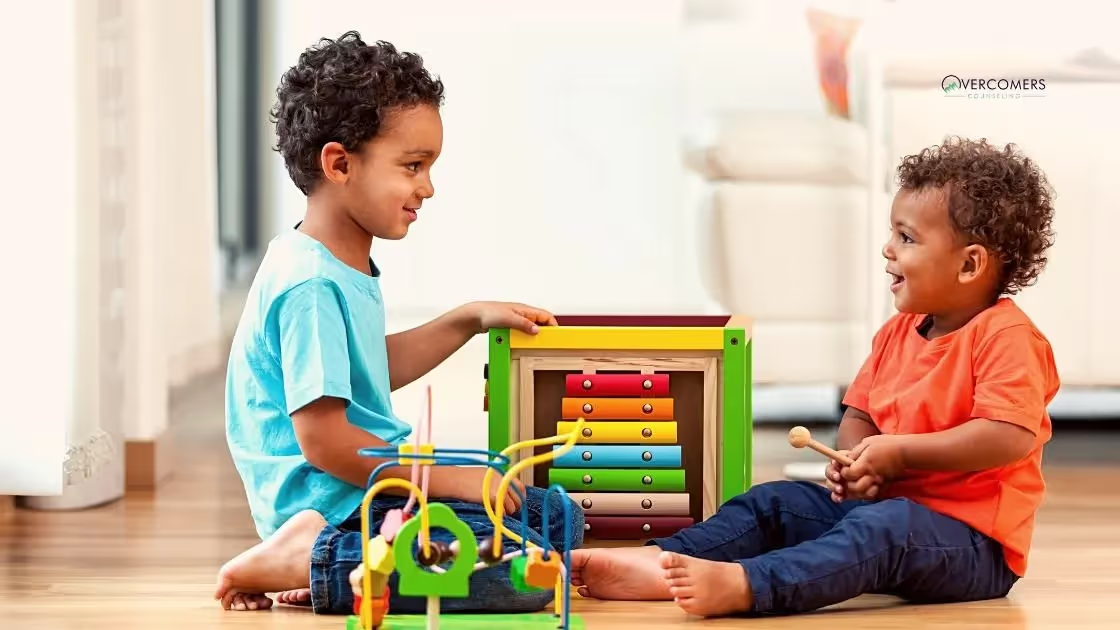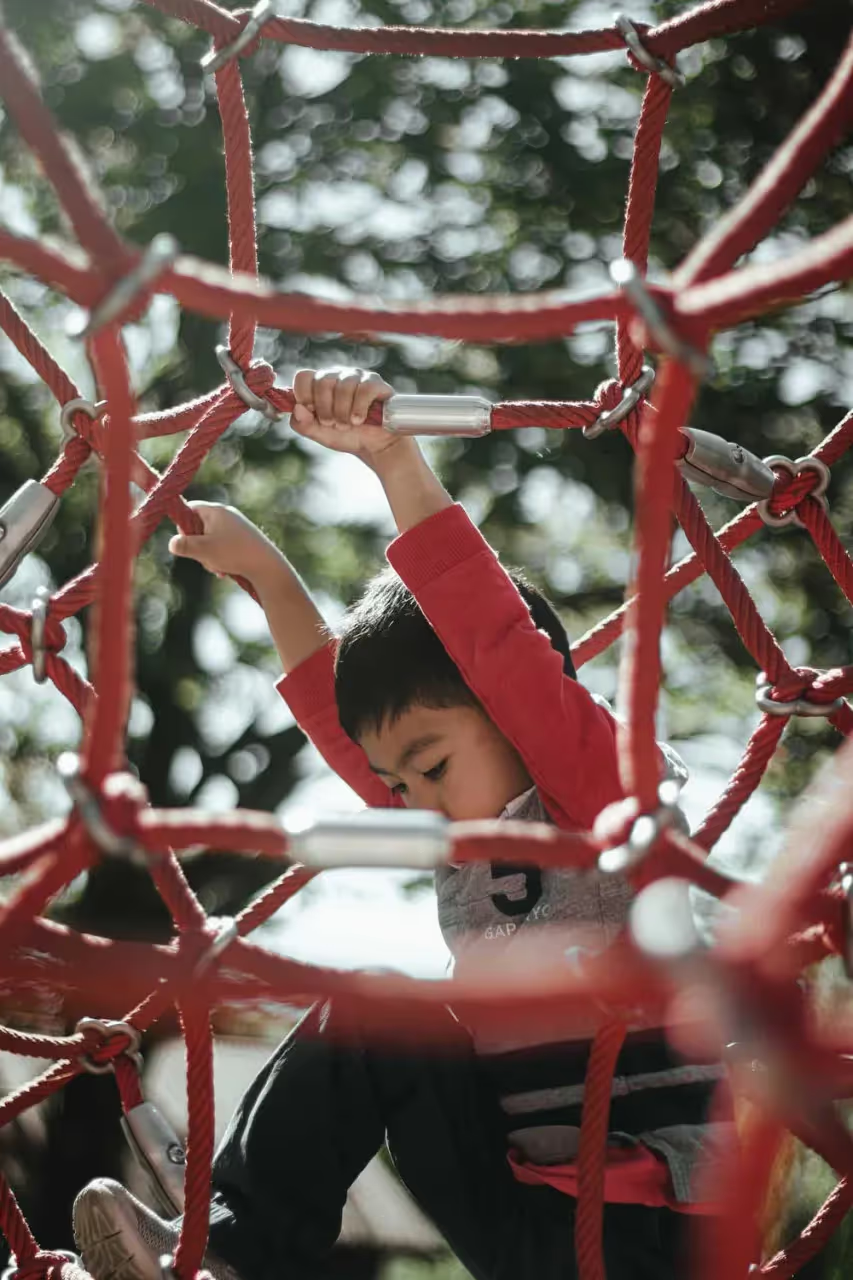Play is an important part of early childhood development, and it's crucial that parents provide plenty of opportunities for their children to engage in...

Play is an important part of early childhood development, and it's crucial that parents provide plenty of opportunities for their children to engage in playtime. Playing helps children learn new skills, improve social interactions, and explore their creativity. The importance of play in early childhood development is substantial. Here are just a few of the benefits that illustrate the importance of playtime for young children.
Play is essential for the healthy development of young children. Through play, children have the opportunity to explore their world, try out new ideas, and practice emerging skills. As they engage in make-believe and pretending, they learn how to solve problems and understand their emotions. In addition, play helps children to develop physically, as they practice gross and fine motor skills. All of these benefits are crucial for preparing children for future success in school and in life. Therefore, parents and caregivers need to provide play opportunities daily. This can be done through simple activities such as singing songs, reading books, or spending time outdoors. By making play a priority, parents can give their children a strong foundation for a lifetime of learning and growth.

Play is an important part of early childhood development. It helps children to explore the world around them and to develop physically, cognitively, and emotionally. Through play, children learn about social and emotional norms and how to interact with others. They also learn to solve problems, think creatively, and develop fine motor skills. Moreover, play helps children to express their feelings and cope with stress. Imagine a situation where a child feels overwhelmed or frustrated. If they are able to play out that situation with a toy, they can work through their emotions and come to a better understanding of the situation. In this way, play allows children to process and make sense of their experiences. In short, the benefits of play are substantial and should not be underestimated.
According to research, play also has a number of benefits for adults, including reducing stress, improving brain function, and promoting creativity.
For all these reasons, adults should encourage playtime whenever possible. There are several ways to do this, such as setting aside time each day for play, providing toys and games that are suitable for all ages, and creating opportunities for outdoor play. Some fun ways adults can play with children are:
By making play an integral part of everyday life, adults can help children to thrive physically, mentally, and emotionally. This is one way that illustrates the importance of play in childhood.
There are many different types of play that children can engage in. Although some forms of play may be more active than others, all play is beneficial for children. Through play, children have the opportunity to explore their environment, try new things, and practice important skills. Active play is a great way for children to get exercise and expend energy. Running, jumping, and climbing are all examples of active play. Active play can also help children to develop motor skills. Creative play allows children to use their imaginations and express themselves. Arts and crafts, pretend play, and music are all examples of creative play. This type of play can help children to develop fine motor skills and improve their problem-solving abilities. Cooperative play involves children working together towards a common goal. This type of play can teach children important social skills such as communication, cooperation, and teamwork. Games, sports, and puzzles are all great examples of cooperative play. As you can see, there are many different types of play that children can engage in. All play is beneficial for children, so it is important to provide opportunities for all types of play. All types of play serve a role in the importance of play in childhood.

It's important to let kids be creative and choose their own activities during playtime. This allows them to explore their interests, learn new skills, and try out different ways of doing things. It also helps them to develop a sense of independence and confidence. You can say something like, "I see you're playing with the blocks. What are you making?" or "That's a great picture you're drawing. Can you tell me about it?" Don't worry if your child's play doesn't look "productive" or if they don't seem to be learning anything specific. Remember, the main goal of play is to have fun and explore. Of course, it's still important to provide some guidance and structure, especially for younger children. But overall, it's best to let kids play in their own way and at their own pace. This will help them to get the most out of their playtime – and have fun while they're doing it!
There are a few things to avoid when playing with children. First, avoid being too bossy or controlling. This can stifle creativity and prevent kids from trying new things. Second, avoid playing violent games or using aggressive language. This can scare children and make them feel uncomfortable. Finally, avoid making fun of children's mistakes or telling them that they're doing something wrong. This can damage their self-confidence and make them less likely to take risks. Instead, focus on encouraging children and praising their efforts. This will help them to feel good about themselves and be more open to new experiences.
Play is an important part of early childhood development. It helps children to explore their environment, try new things, and practice important skills. There are many different types of play, so it's important to provide opportunities for all types of play. Letting kids be creative and choose their own activities during playtime is a great way to help them learn and have fun. Just be sure to avoid being too bossy or controlling, playing violent games, or making fun of children's mistakes. Focus on encouraging children and praising their efforts instead. This will support the importance of play in their childhood.
Help your child by providing support and guidance, using positive language, highlighting the progress they have made, breaking down the challenge into smaller steps, and motivating them with positive affirmations.